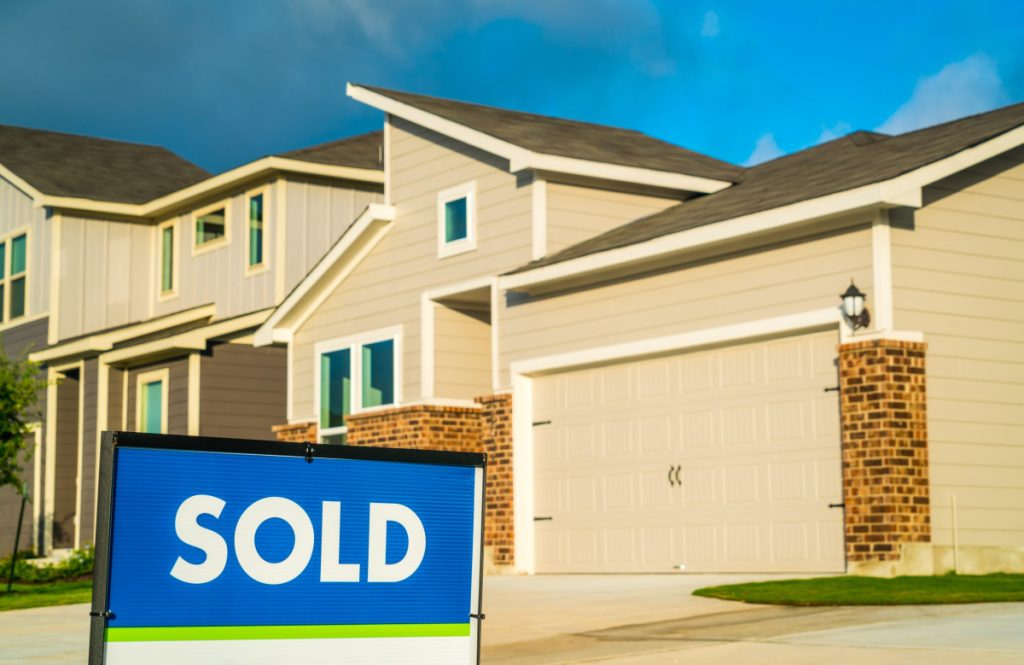- Construction law establishes guidelines for safely and legally conducting any home improvement projects.
- Building permits require detailed plans, specifications, and a fee from the local government before construction can begin.
- Landlord/tenant laws protect landlords and tenants by outlining security deposits, rent control laws, and other contractual obligations.
- It is essential to consult with professionals when making decisions regarding your property.
As a homeowner, you have a lot of responsibility. From understanding the fundamental laws that govern how you can maintain and use your property to knowing the details of zoning regulations in your area, there is a lot to navigate when it comes to owning and maintaining real estate. This guide will explain the most important laws and regulations every homeowner should know before purchasing a new house or apartment.
Construction Law
When making modifications or repairs to your home, construction law applies. This establishes guidelines for how construction projects may be conducted safely and legally. If you’ve been found violating construction law, you could face stiff penalties such as fines or even criminal charges depending on how severe the offense is. So, it’s essential to understand what construction laws apply in your jurisdiction before making any home improvements.
Building Permits
Of course, before starting any construction, you’ll need to apply for a building permit. A building permit is permission from the local government to make specific changes to your property. These permits usually require detailed plans and specifications, along with a fee. The specifics will vary depending on what you are doing and where you live, so it’s essential to research the requirements in your area before beginning a construction project.
Zoning Regulations
In addition to general building law, zoning regulations are established by municipalities regarding what types of structures may be built in specific districts within their city limits—and these vary dramatically from place to place.
You don’t want to make any mistake here, or things like structural size limits might be violated. The best practice is to consult with a local zoning board before beginning any project that requires permits or adheres to specific standards relative to local ordinances.

Safety Construction Rules
Safety construction rules are also important for homeowners to understand. This refers to the guidelines set by federal, state, and local governments that must be adhered to for a structure to be considered safe. In some cities, these can include fire safety codes, electrical wiring regulations, and requirements for sprinkler systems.
Landlord/Tenant Laws
If you’re renting out space on your property, there are special rules that come into effect, known as landlord/tenant laws. This establishes rights and responsibilities between landlords (which would be you) and tenants (the people renting from you). These laws cover areas such as the following:
Security Deposits
This refers to the money a tenant pays when entering a lease agreement. Generally, these deposits are kept in trust by the landlord and returned at the end of the lease, minus any deductions for damages. This provides an incentive for tenants to keep the property in good condition.
Rent Control Laws
In some areas, rent control laws limit how much a landlord can charge for rent. These are designed to protect tenants from unreasonable rent increases and can vary significantly from one jurisdiction to the next. By understanding the rent control laws in your area, you can ensure that you’re charging a fair price.
Seeking Professional Advice
One of the best ways to ensure you are up-to-date on all relevant laws is by seeking advice from professionals in the field. The expertise of professionals can be invaluable when it comes to navigating tricky legal issues associated with owning property.

Insurance Lawyer
Having a reliable insurance lawyer review any potential property contracts is essential. Insurance lawyers are familiar with all aspects of real estate transactions. They will help identify any hidden risks or overlooked stipulations that could put your property at risk. They can also guide you in negotiating favorable terms for your particular situation.
Tax Accountant
Real estate taxes can be complicated, so consulting with an experienced tax accountant is a good idea. They will advise on how to minimize your taxes and help you understand the tax implications of any decisions you make regarding your property.
Real Estate Attorney
Finally, a real estate attorney can help you understand your rights and obligations as a homeowner. They can advise on what to look for in contracts, review any documents related to your property, and help you navigate any legal disputes.
By understanding the laws associated with owning real estate, you can protect yourself from potential liabilities and ensure your property is a safe, comfortable place to live. With these tips, you can leverage the law to your advantage and enjoy peace of mind knowing that your home is safe and secure.



